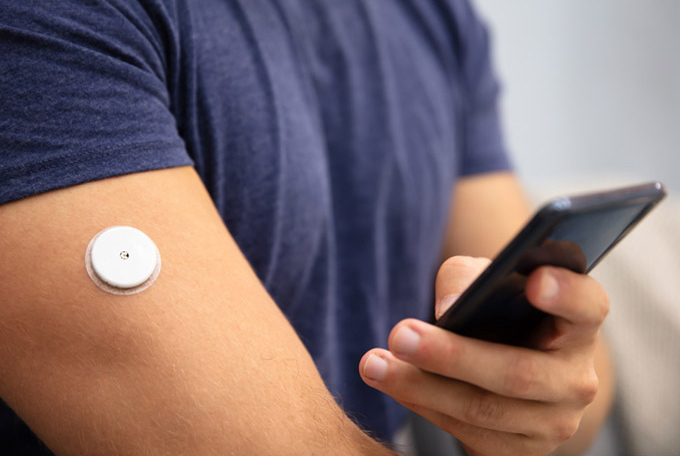Using a continuous glucose monitor (CGM) and software to deliver real-time feedback, metabolic health startups are scaling up.
The problem: Poor diet is a leading cause of mortality in the US, causing more than half a million deaths per year.
- In the US, the total economic cost of obesity is $1.72T per year.
- 40% of US adults are obese and 100M Americans have diabetes/prediabetes.
- Diabetes-related medical costs and productivity loss will exceed $600B by 2030.
What it is: Glucose tracking plays a critical role in the treatment of diabetes. Urine tests and finger pricking have been the status quo for years. But now, glucose monitoring is gaining wider appeal.
A key indicator of metabolic health, measuring blood sugar levels can shed light on how lifestyle choices like diet, exercise, and sleep affect your body.
While activity tracking and sleep monitoring wearables like Apple Watch, Fitbit, and WHOOP have caught on, there’s no mainstream method for quantifying the effects of diet.
Who’s who. A large, lucrative market ripe for disruption, metabolic health has attracted startups and investors.
- Levels raised a $12M seed round fall 2020.
- Supersapiens announced $13.5M in April 2021.
- January secured $8.8M ($20M total) in February 2021.
Recently, Veri and Vital announced new funding. Among others, NutriSense and Signos also compete in this space.
What to watch for: Since many of the metabolic health upstarts don’t own the CGM hardware, manufacturers Abbott and Dexcom have the leverage here. Looking large, Apple, Amazon, Google, and Fitbit have expressed varying degrees of interest in blood glucose monitoring, which could pose a host of new challenges.
Apple, in particular, has prioritized glucose monitoring in a forthcoming version of its smartwatch set to debut next year.






